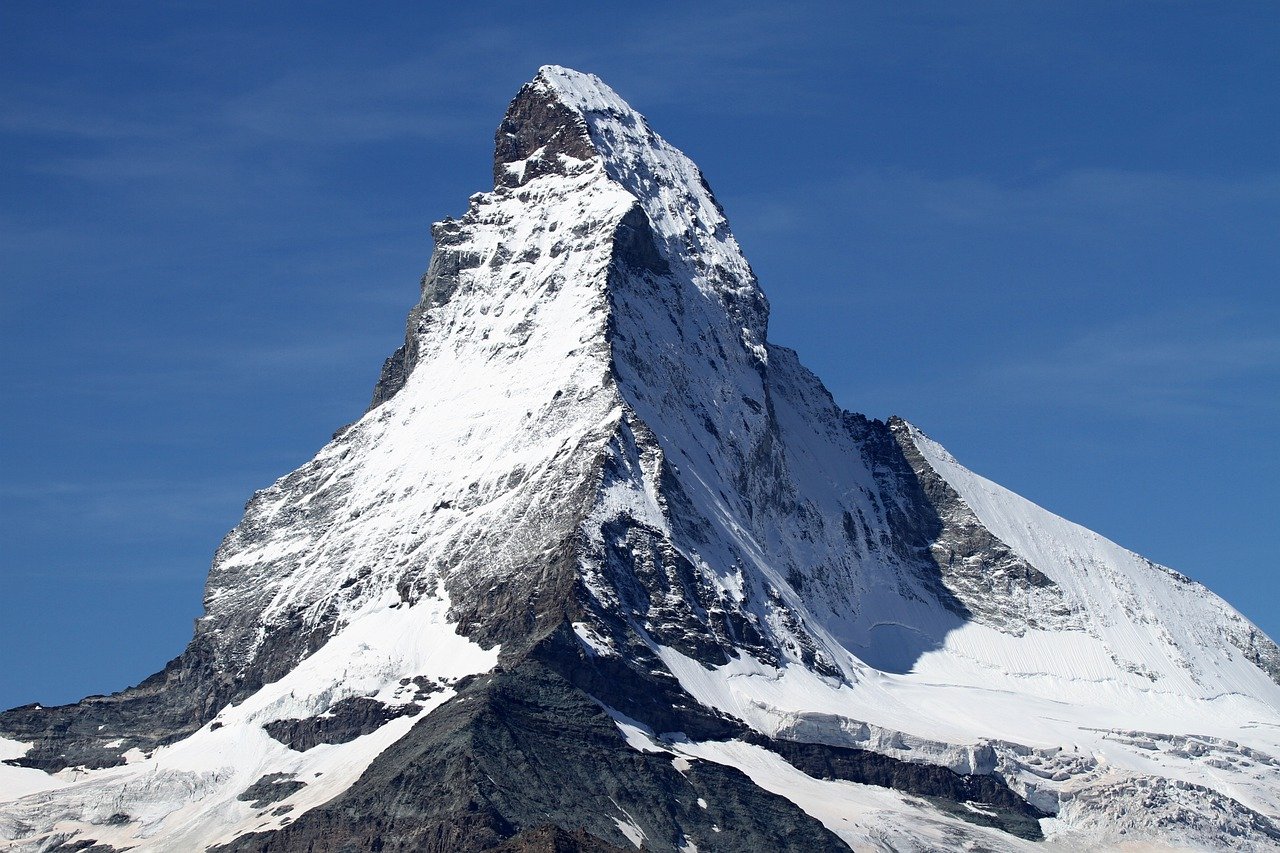
COUNTRY PROFILE
SWITZERLAND
To truly understand the differences among cultures, one must understand their origins, how they emerged on the world stage, and the various economic, political, physical, social, and religious forces that shaped them. This portal traces the antecedents of people’s behavior and shows you why cultures differ.
VISIBLE ELEMENTS OF CULTURE
Visible Elements of Culture
Symbols & Artifacts
Invisible Elements of Culture
Swiss Core Values
Institutions
Swiss Particularism
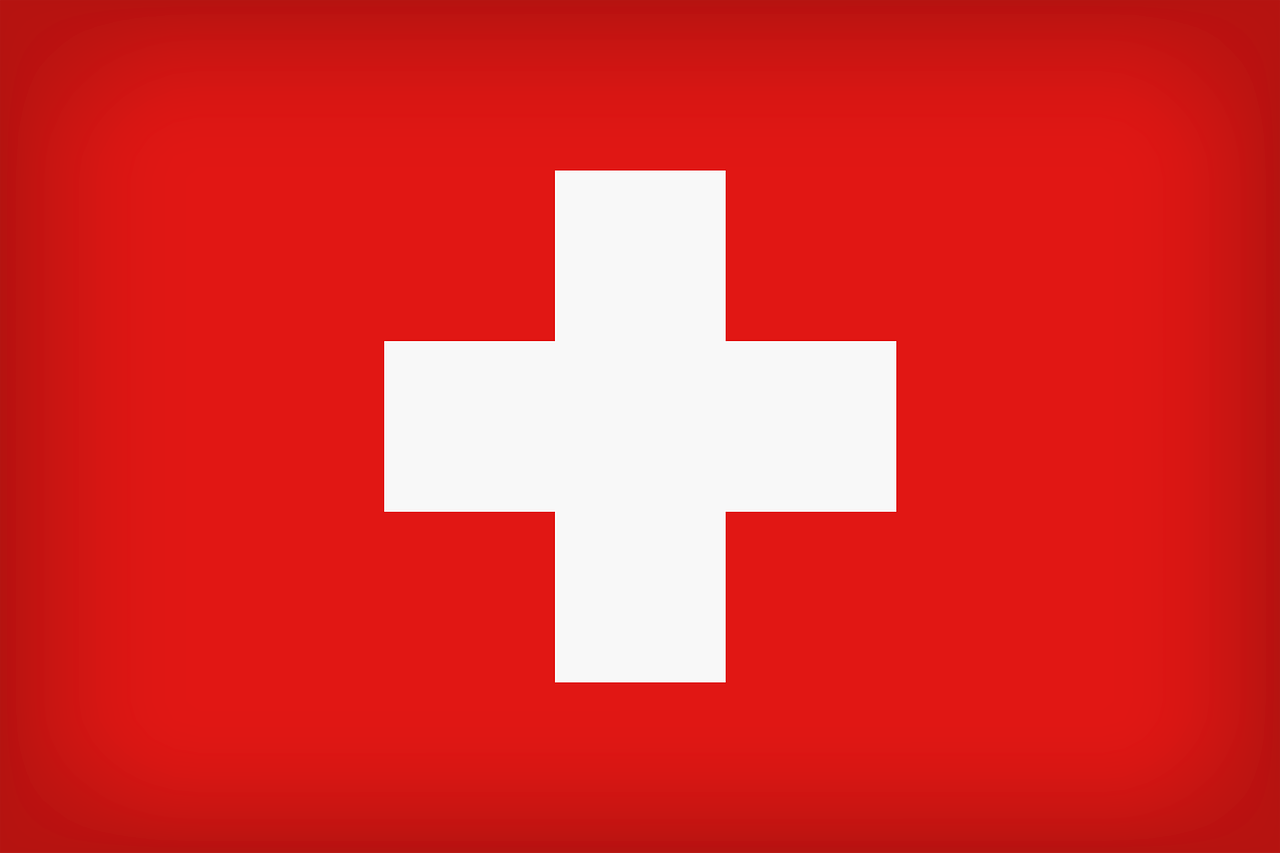
Swiss Symbols
A national symbol is an object or image that represents a country or nation and its values, culture, and history. When thinking of Switzerland, most people associate the country with mountains, chocolate, watches and banks.
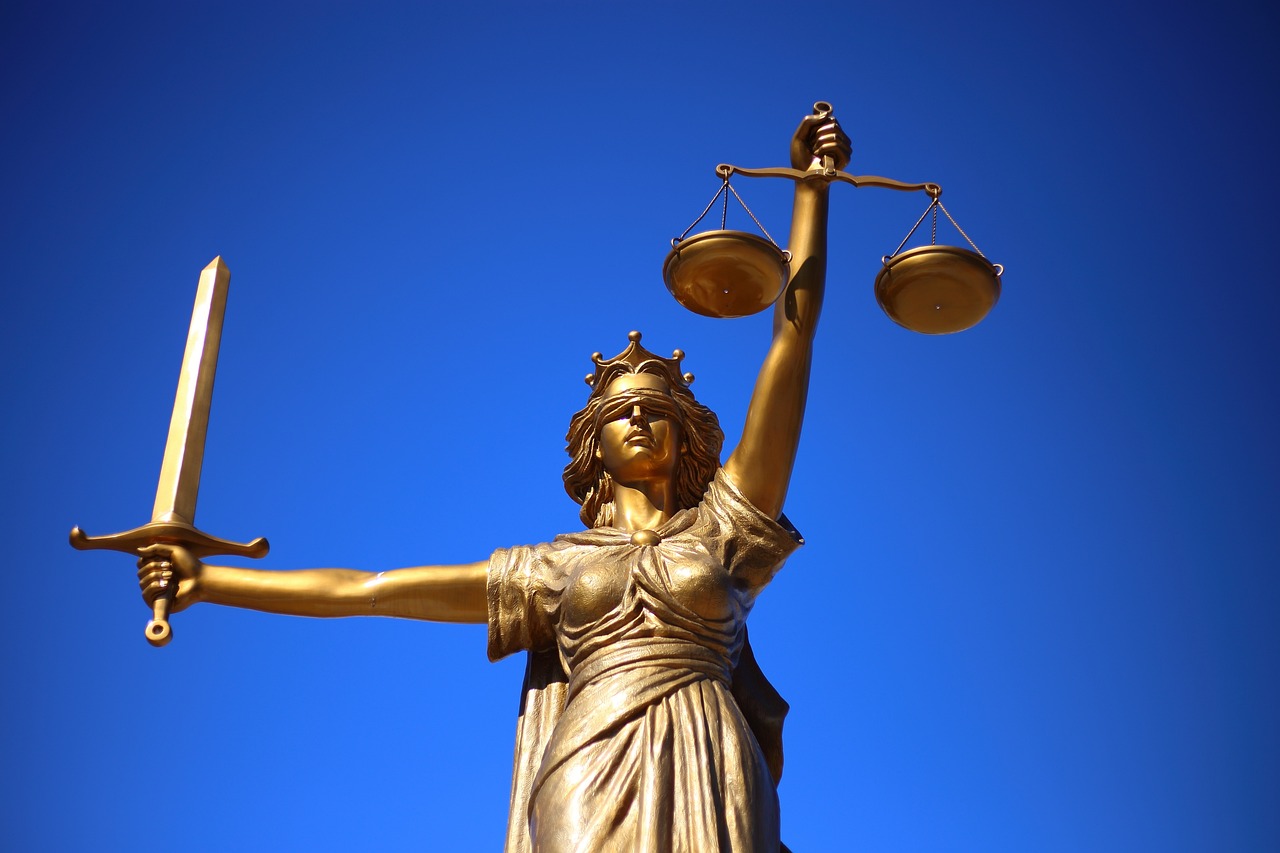
Swiss Core Values
National values are essential for the growth and development of a nation. They bind a society together, guiding the attitudes, actions, and behaviour of its citizens. Among the core values of the Swiss are neutrality, stability, self-responsibility.
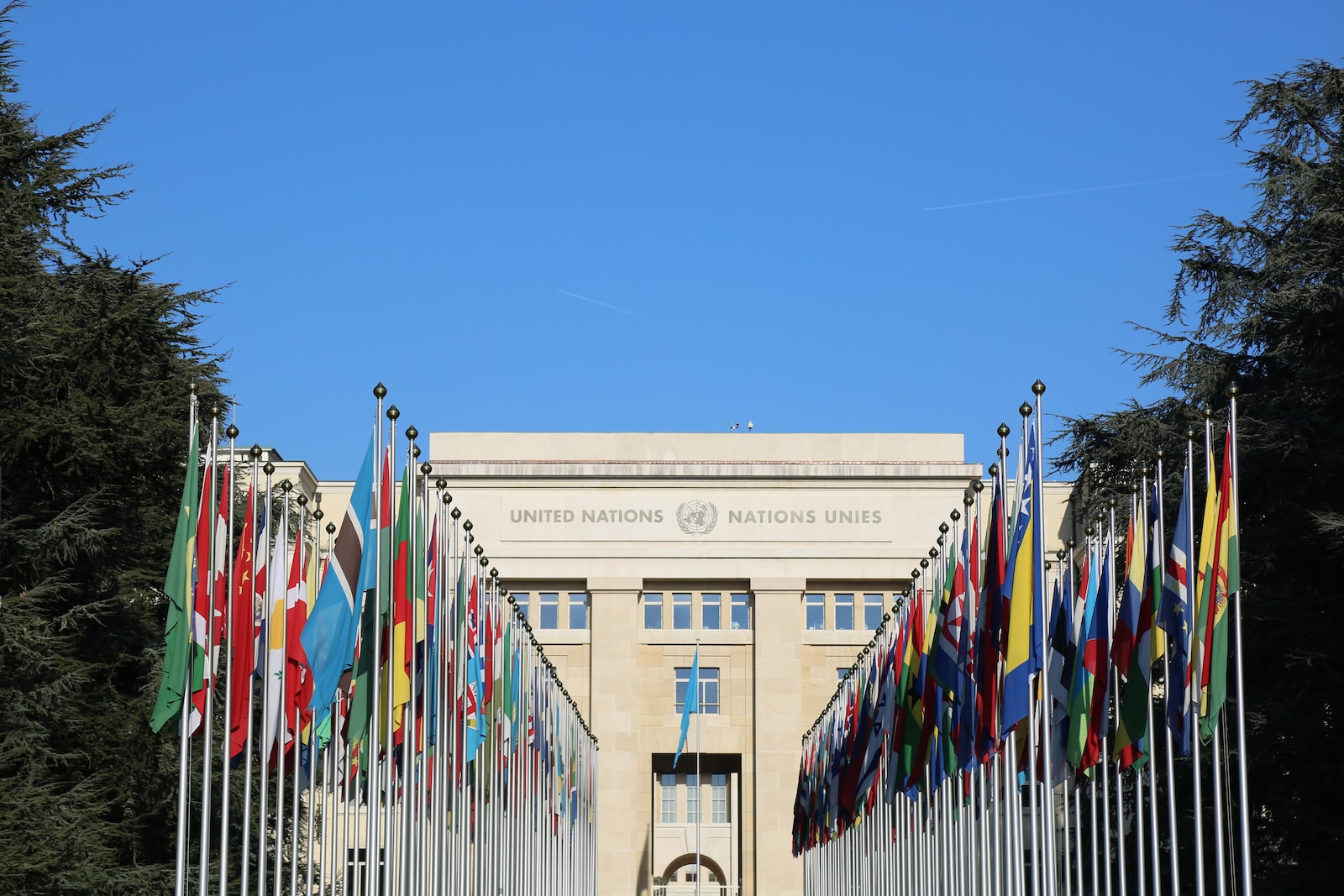
Swiss Particularism
Switzerland has always described itself (and is viewed by others) as a « Special Case ». Its direct democracy, federalism, neutrality and multiculturalism shows that the country developed in very different ways than its neighbors. This particularism represent the core of the Swiss identity.
Visible Elements of Culture
Swiss Heroes
Visible Elements of Culture
Swiss Personalities
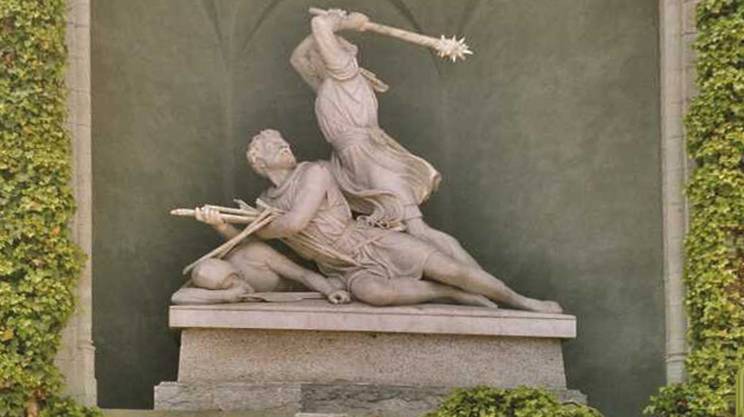
Winkelried
Arnold von Winkelried is a legendary hero of Swiss history. He sacrificed his life to change the situation of the famous battle of Sempach against the Austrians in 1386. The legend has it that Winkelried cried ‘I will open a passage into the line; protect, dear countrymen and confederates, my wife and children’ and then threw himself on the pikes of the Austrian pikemen. Winkelried
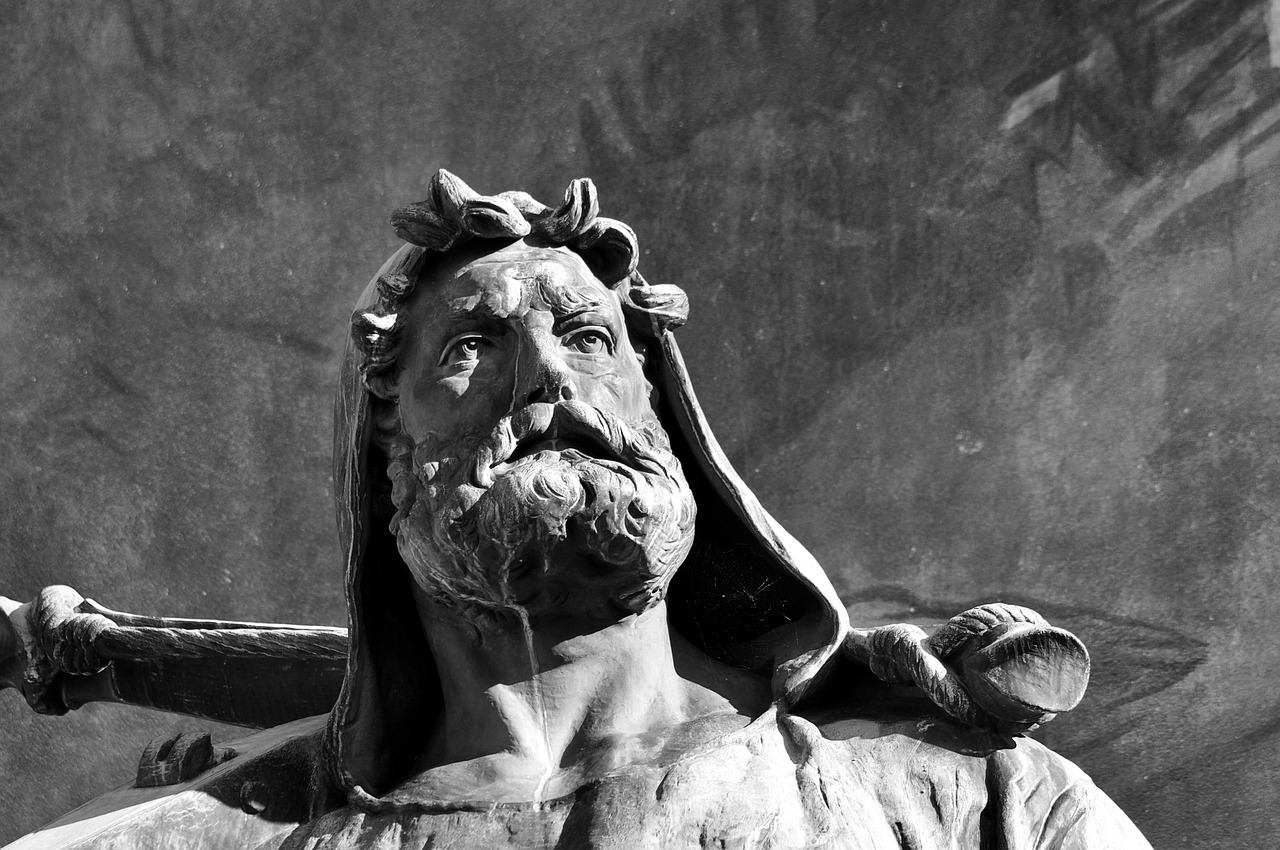
William Tell
The hero of all Swiss heroes is and remains, of course, William Tell, the bearded Alpine Adonis with hood and crossbow. He was an inner-Swiss freedom fighter who defied the regulations of the Habsburg rule, then as punishment had to shoot an apple from the head of his son Walter with his crossbow and finally shot the Habsburg bailiff Hermann Gessler with this very crossbow. William Tell even graces the 5-franc coin. William Tell- A Symbol of Switzerland Known Throughout the World
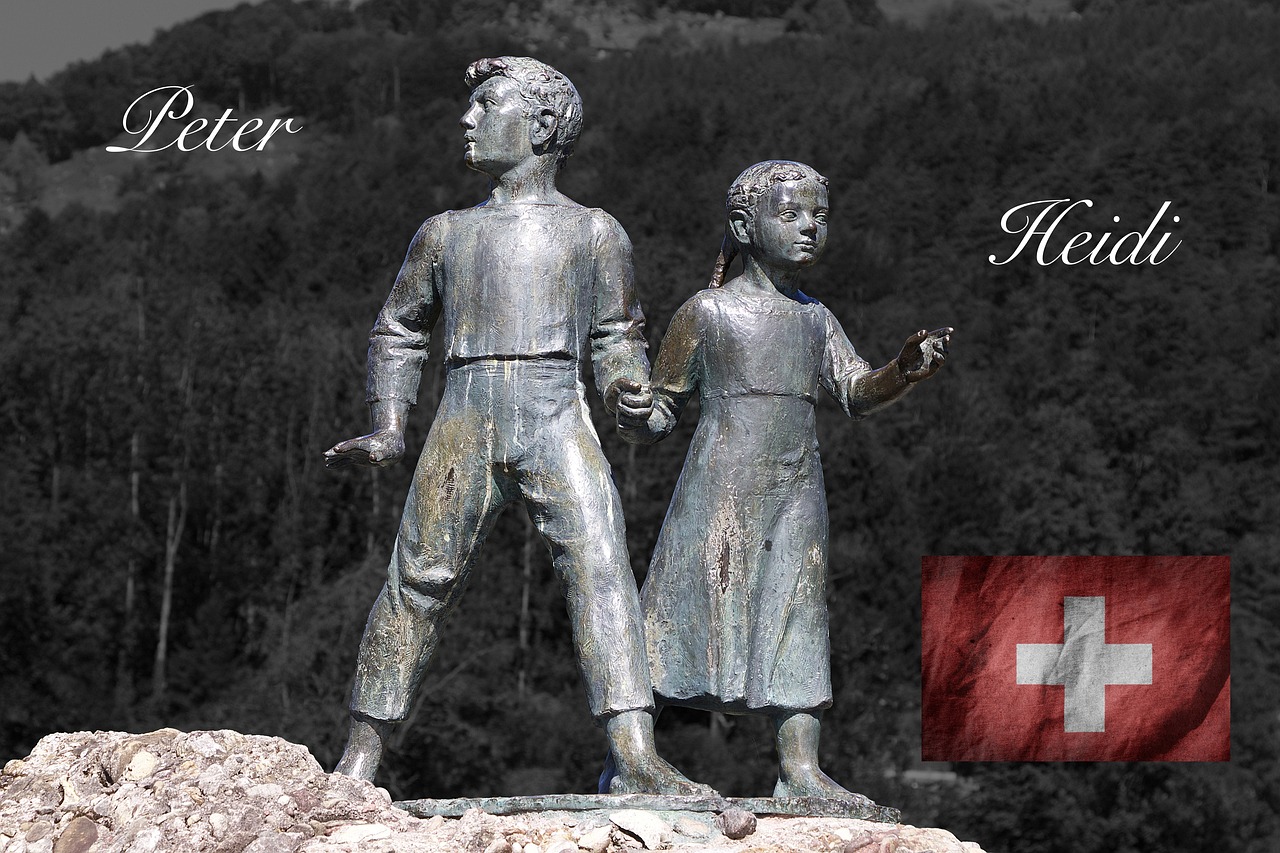
Heidi
Hardly any other woman has shaped the image of Switzerland as a perfect mountain nation as much as Heidi. The story is known worldwide, has been translated into many languages and has been filmed several times. Heidi- a Swiss Icon.
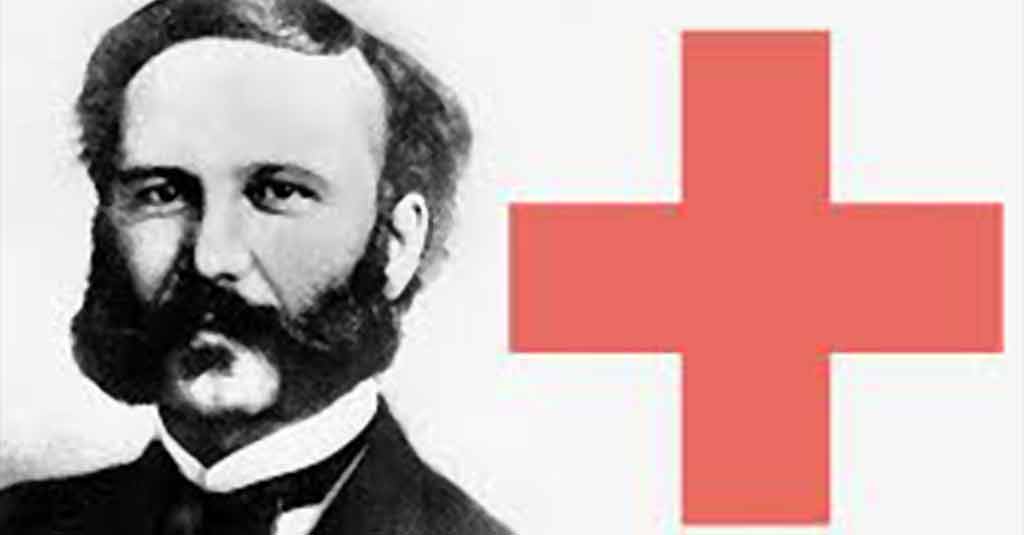
Henri Dunant
Nobody better represents the Swiss humanitarian values than Henry Dunant, the founder of the Red Cross, which to this day provides incredible humanitarian service around the world. He also founded the Geneva Convention and was honored for his lifelong fight against suffering as the first Nobel Peace Prize winner. A portrait of Henri Dunant

Bertrand Piccard
Prof. Dr. Bertrand Piccard, serial explorer, psychiatrist and pioneer of clean technology. He was born to achieve the impossible. With his Solar Impulse project, the circumnavigation of the globe in an airplane powered solely by the sun, he wanted to demonstrate the enormous potential of renewable energy. Trained as a physician and researcher, Bertrand Piccard has become an influential voice for progressive thinking in the spirit of progress and sustainability. House of Switzerland- Bertrand-Piccard

Roger Federer
Roger Federer is the most successful Swiss sportsman of all time, a public favorite as well as a magnet. He is a consummate professional, a role model and THE figurehead of Switzerland par excellence. With his modesty he represents Swiss values on the international stage. King Roger is a cult figure and still plays tennis at the highest level at almost 40 years of age – and has therefore earned hero status. House of Switzerland- Roger Federer
THE FORCES THAT SHAPE CULTURE
Cultures take a long time to develop. Many forces act upon a people to establish their identity, give meaning to their lives, and define what they come to believe and how they should behave.
Geography/ Climate
SWITZERLAND-A SMALL & LANDLOCKED COUNTRY: The physical surroundings of a people help shape a culture and its people. The degree of isolation or interaction afforded by the geography and topography of their homeland, the amount and kind of natural resources, the felicity or harshness of its climate and exposure to invasion and natural disasters all can have an effect. Switzerland is poor in minerals, and over large areas the soil is not fertile or the terrain is unsuitable for agriculture (70% of the terrain is mountainous, with 49 peaks above 4000 meters). Only water is plentiful: for domestic or industrial use, as ice and snow for recreation, or as a source of energy. Although situated at the heart of Europe, Switzerland’s mountainous topography has been a continuous challenge over the centuries, in terms of transport and communications. The country has no direct link to the world’s oceans, which is a serious disadvantage compared with those countries that, since the early modern era, have achieved a global presence and seized imperial power and colonial wealth. Conversely, the transport corridors through the Alps gave Switzerland an important strategic position between the great mercantile regions of northern and southern Europe, although this also made it a potential target for the imperial ambitions of its larger and more powerful neighbours.
History
History has a significant influence on culture. It impacts the beliefs, values, and customs of a society, its collective memory that is transmitted from generation to generation. Key historical events such as wars, revolutions, famines, migrations and other (for instance economic) crises are often defining moments in shaping a culture. What are Switzerland’s key historical events? Click here to learn more.
Religion & Philosophy
Perhaps no force is stronger in shaping behavioral standards than religion. The protestant work ethic shaped the core values of the Swiss until now. Protestants encourage self-sufficiency. Salvation can begin on earth, manifested in material success which in turn is achieved though honesty and frugality. Check these 2 links to get a better idea of the impact Calvin had on Switzerland: Calvin and the birth of the Swiss watch industry as well as Swiss Banking Secrecy has its Roots in Calvinism
On the philosophical side, two movements had a large impact on Switzerland: the ENLIGHTMENT and its countercurrent- ROMANTICISM. The endless tragedy and wretched excess of religious warfare gave rise to the age of reason. Dogmatism and fanatism were replaced with rationality, objective inquiry, and empiricism. Notions like individual rights, private property, self-reliance and separation of powers took firm hold in Switzerland, with major thinkers like Jean-Jacques Rousseau.
Romanticism was an intellectual and artistic reaction to what was seen as an excessive reliance on reason. Romanticism fueled the rise of the nation-state and patriotism. In Switzerland, the Helvetic Society, which was founded in 1762 had the aim of “establishing love and friendship, unity and concord between the Swiss”. The society united Protestant and Catholic Enlightenment thinkers from various Swiss cantons. Under the banner of “Helvetism”, scholars from French-speaking Switzerland were incorporated into the Helvetic Society; until that point, the Confederation had been an exclusively German-speaking entity from a political perspective. The Swiss national identity was born during these years.
Economic System
The gains in productivity as well as the predictability and reliability that result from good industrial relations strengthen Swiss companies in international markets, benefiting both employers and employees. Early internationalisation in many industries, as a result of Switzerland’s tiny domestic market, forced companies to deal adeptly with foreign workforces and cultures, notably avoiding the pitfalls of colonial connections. Learning foreign languages, behaving modestly as guests and integrating unobtrusively in foreign countries are things that Swiss entrepreneurs and business people seem to excel at. This may also have helped Swiss companies in their acquisitions of foreign companies. Swiss firms were (and are) often exceptionally successful at integrating into their own corporate culture the cultures of foreign companies that they have taken over – and in a way, this is an important competitive strength in itself.
Socio-Political System
How political power is distributed and exercised shapes attitudes toward authority, willingness to accept direction and sense of self-reliance and independence. In the Swiss federal state, direct democracy and the federal system ensure individual autonomy as well as cohesion. The head of state shared by 7 members has as consequence a general suspicion for charismatic leaders.
Education
The Swiss have always had a high work ethic. This is not unique to Switzerland but is undoubtedly critical to industrial success. More unusual is the high value the Swiss place on professionalism throughout the working population. This is expressed in, among other things, an education system that still allots a central place to traditional vocational training (apprenticeships) alongside university education. People with vocational qualifications, no matter how modest the vocation, are respected, and therefore feel a dignity in what they do and what they are. Perhaps most importantly, teachers are well paid and revered in Swiss society, so students are generally taught by motivated and capable people in what Johann Pestalozzi, a Swiss education reformer, once described as ‘God’s chosen profession’. All this has facilitated the emergence of a broad, educated and secure middle class. Read more about the specificities of the Swiss education system: Why Switzerland has the most highly skilled workers and Apprenticeships-Swiss recipe for success
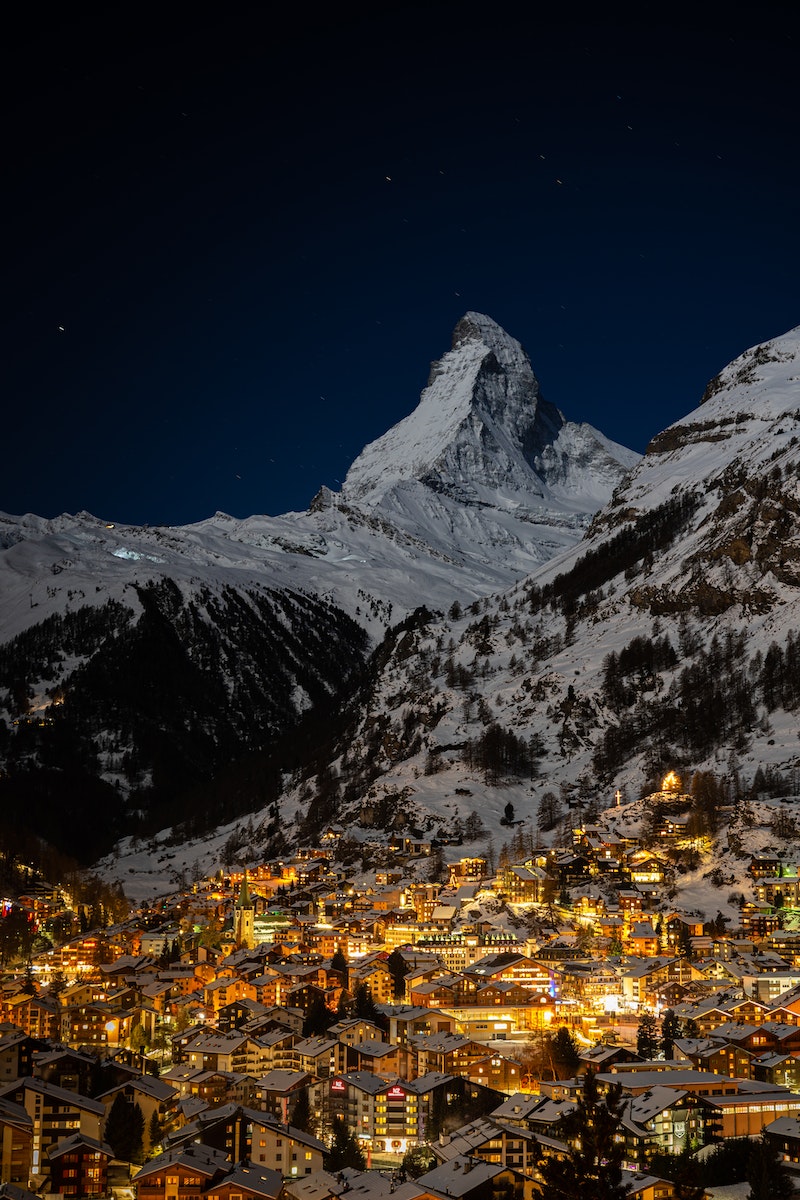
Nation Branding
International Rankings
About Swissness
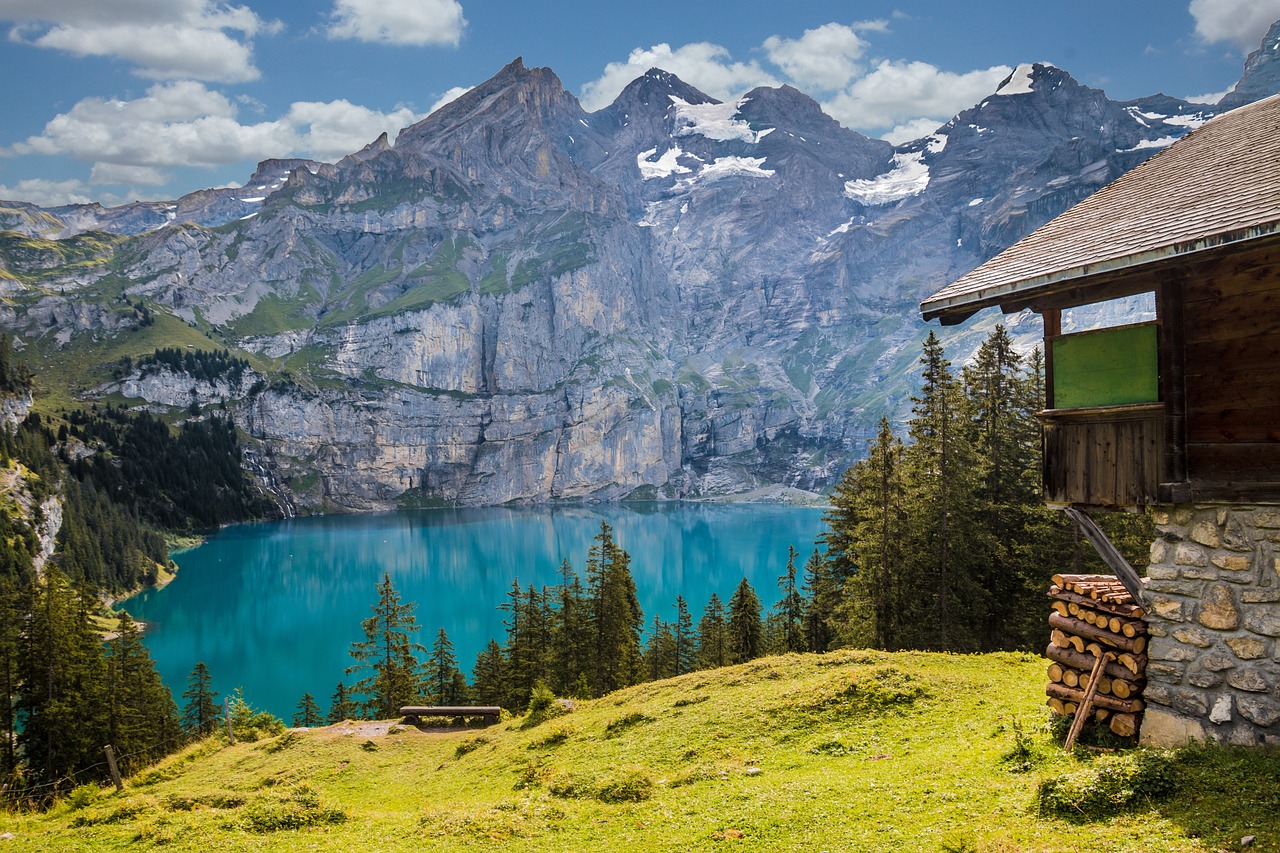
Nation Branding Switzerland
According to the WIPO « Nation branding generally refers to a country’s strategy to convey a particular image of itself beyond its borders to achieve certain beneficial goals. Countries compete with each other to attract the largest number of tourists, investors, consumers, students, events and so on ». The father of Nation branding, Simon Anholt introduced the concept of Competitive Identity underlining the fact that a country’s image has more to do with national identity and the politics and economics of competitiveness than with branding techniques. WIPO About Nation Branding AND Nation Branding Switzerland
Switzerland ranks #7 on the IPSOS Anhalt Nation Brand Index: IPSOS
FutureBrand Country Index: FutureBrand Country Index
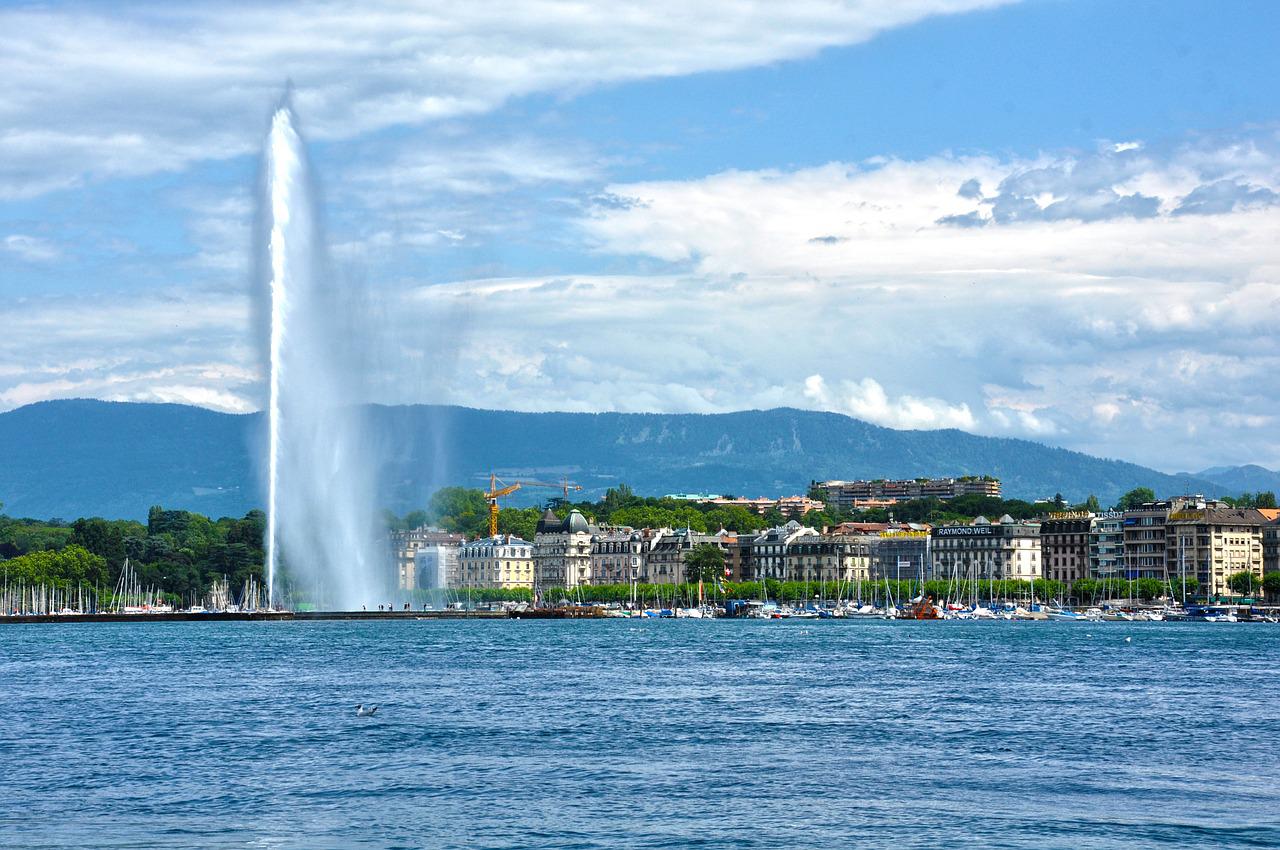
International Rankings
INSEAD’s Global Talent Competitiveness Index: worlds-most-talent-competitive-countries-
IMD’s World Competitiveness ranking (incl. : competitiveness ranking, talent ranking and digital competitiveness ranking: Country profile Switzerland
HDI (Human Development Index): measures three basic dimensions of human development: a long and healthy life, access to knowledge and a decent standard of living- CH ranks #1 : HDI Switzerland
GLOBALIZATION INDEX: Switzerland is the most globalized country in the world: KOF Globalization index
CORRUPTION INDEX: Switzerland ranks #8 in Transparency’s famous corruption index: Switzerland corruption index
GLOBAL GENDER GAP INDEX: World Economic Forum’s Global Gender Gap Switzerland Ranking
MERCER’s Quality of living index: quality-of-living-rankings
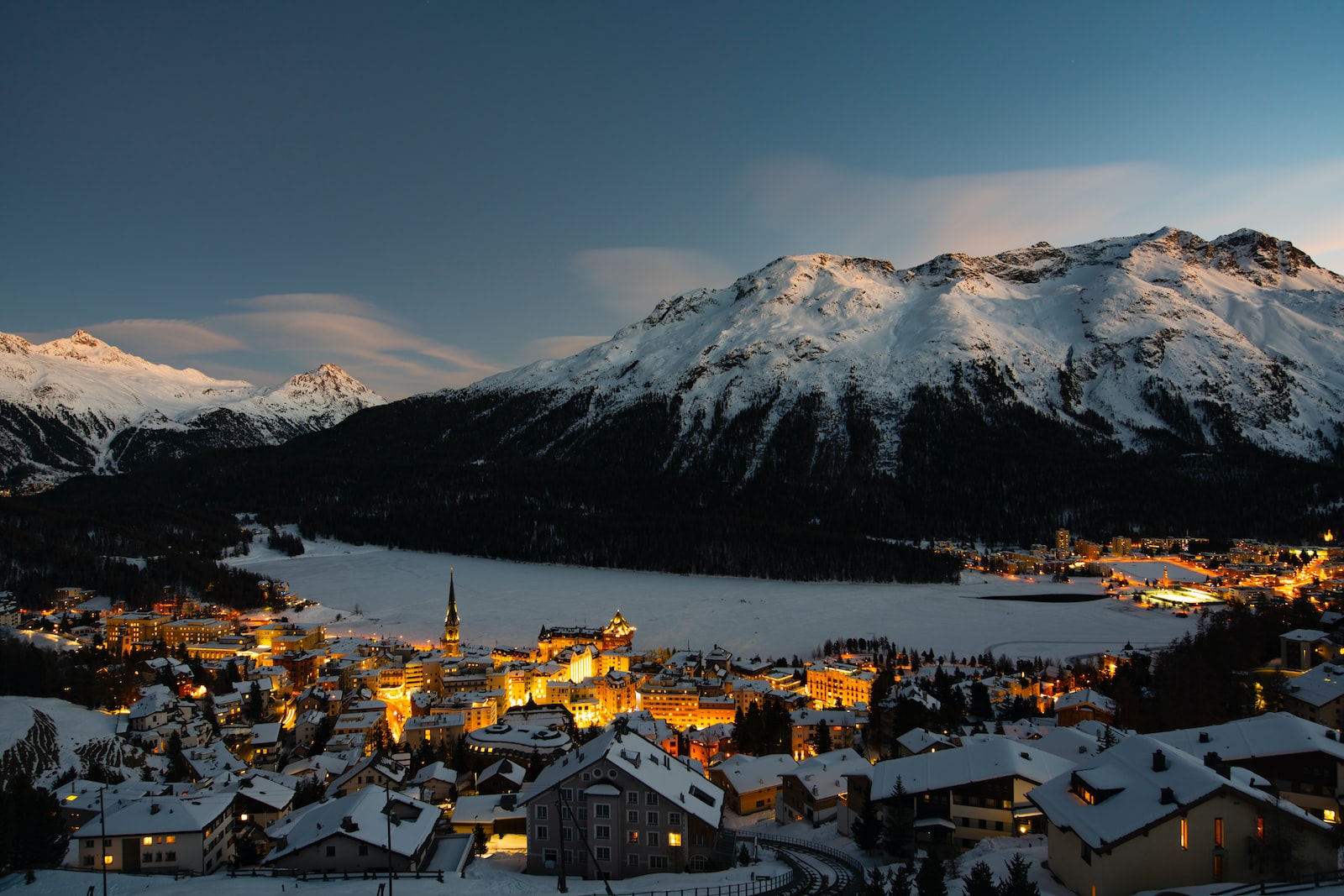
Swissness
What is Swissness?
« Swissness » is a synonym for innovation, exclusive products and excellent services. It refers to a country that is « rich in various cultures, cosmopolitan and open to the world ».
It is a term that can be used to promote business (specific conditions must be respected to use the label, Swissness-Clear Rules for the « Swiss Made » Brand ) Half of companies distributing Swiss products say add the « Swiss » label to their own brand.
Learn more by reading the publication in German by renowned University St Gallen Swissness Worldwide 2016
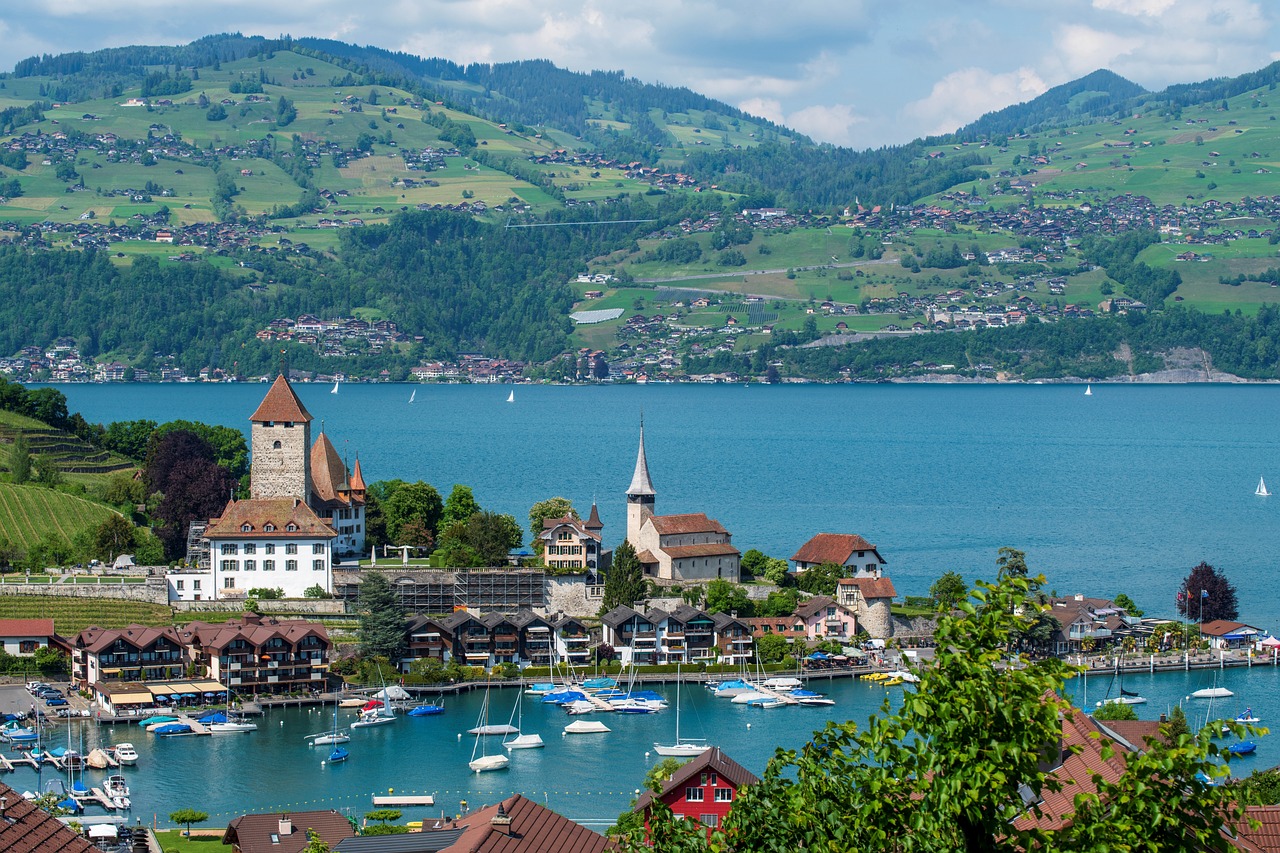
Switzerland's Competitiveness Factors
According to the World Economic Forum, Switzerland owes its success to a combination of factors:
- A stable, transparent and effective institutions;
- Healthy public finances;
- An attractive tax regime;
- Excellent infrastructure and connectivity;
- A world-class education system;
- Relatively peaceful relations among social actors within a flexible labour market;
- The highest level of business sophistication;
- and, most importantly, an exceptional capacity for innovation, with the highest international patent application rate per inhabitant in the world.
- Switzerland makes good use of human capital – its greatest asset. For instance, the country ranks first for the quality of the education system, the collaboration between employees and employers, as well as for the capacity to retain and attract talent.
To learn more about the country’s competitiveness factors, buy IMD publications: World Competitiveness Reports Including Smart City Index, Talent Rankings, Digital Competitiveness Ranking and of course their well-known World Competitiveness Rankings.
Read Deloitte’s 8 factors of success analysis of Switzerland’s competitiveness: Power Up Switzerland
WEBLINKS
YouTube Videos
TV Documentaries
SELECTED BOOKS

Swissness in a Nutshell
What is Switzerland? With more than two hundred full-colour cartoons, photos, and works of art this accessible guide illuminates the unique alpine nation. From William Tell to Heidi, Swiss Army Knives to cheese, litter-free streets to punctual trains. Winner of the 2013 Albert Oeri Democracy Prize. Also worth reading are « Swiss History in a Nutshell ».
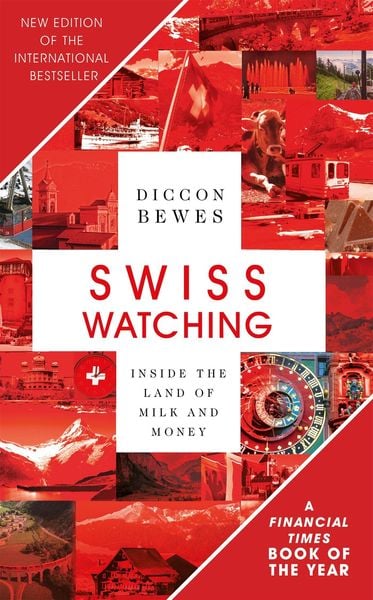
Swiss Watching
One country, four languages, 26 cantons, and 8,7 million people (but only 75% of them are Swiss): there’s nowhere else in Europe like it. Swiss Watching is a fascinating journey around Europe’s most individual and misunderstood country. Diccon Bewes proves that there’s more to Switzerland than banks and skis, francs and cheese. This book dispels the myths and unravels the true meaning of Swissness.

Le Génie des Suisses
Spécialiste de la Suisse, François Garçon prend plaisir depuis des années à vanter aux Français les qualités, les mérites et les succès de son pays d’origine, et nous le prouve aujourd’hui sous la forme d’un vaste panorama. Voyage étonnant au coeur d’un pays qui a du génie… « J’ai eu à coeur de mettre en valeur des entreprises, des faits historiques, des scientifiques, des événements, des monuments, des paysages, des mythes, des héros ordinaires, des personnages qui m’ont marqué, quelques escrocs aussi, qui témoignent de la diversité de ce pays.

Beyond Chocolate
For nearly twenty years, Margaret Oertig-Davidson’s ‘Beyond Chocolate’ has stood as the definitive guide to living and working among the Swiss. She examines the Swiss through the eyes of hundreds of people who have lived and worked here, and her insight will help any reader gain respect and understanding for the diverse people that make up Swiss society. From friendship to professionalism, teamwork to leadership, education to etiquette, Oertig-Davidson provides concrete and simple advice to manage the challenges of integration.
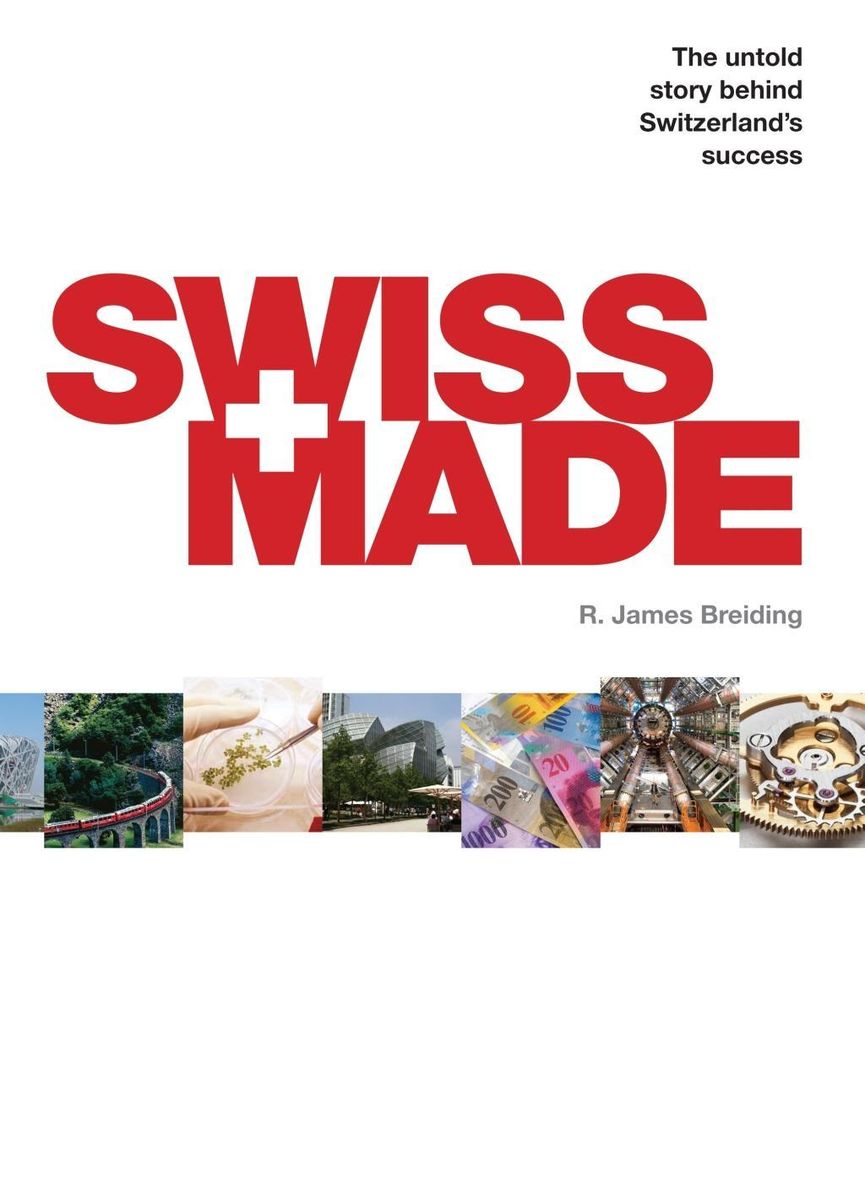
Swiss Made
Why has Switzerland – a tiny, land-locked country with few natural advantages – become so successful for so long at so many things? In banking, pharmaceuticals, machinery, even textiles, Swiss companies rank alongside the biggest and most powerful global competitors. How did they get there? How do they continue to refresh themselves? Does the Swiss ‘Sonderfall’ (special case) provide lessons others can learn and benefit from? Swiss Made offers answers to these and many other questions about the country as it describes the origins, structures and characteristics of the most important Swiss companies.
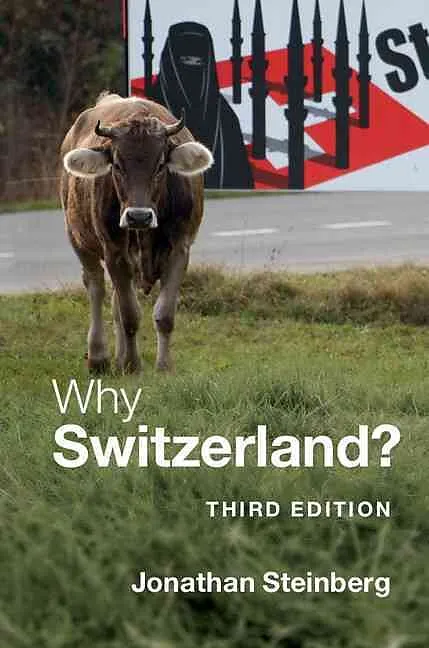
Why Switzerland?
The book offers a unique analysis of the structures that make Switzerland work. Linking an analysis of the microeconomy to the major features in politics, history, religion and language, it shows how a « bottom up » society has survived in a world of « top down » states. Published since 1976 and regularly updated, the latest version addresses the twin challenges posed by globalisation and Swiss relations with the EU.
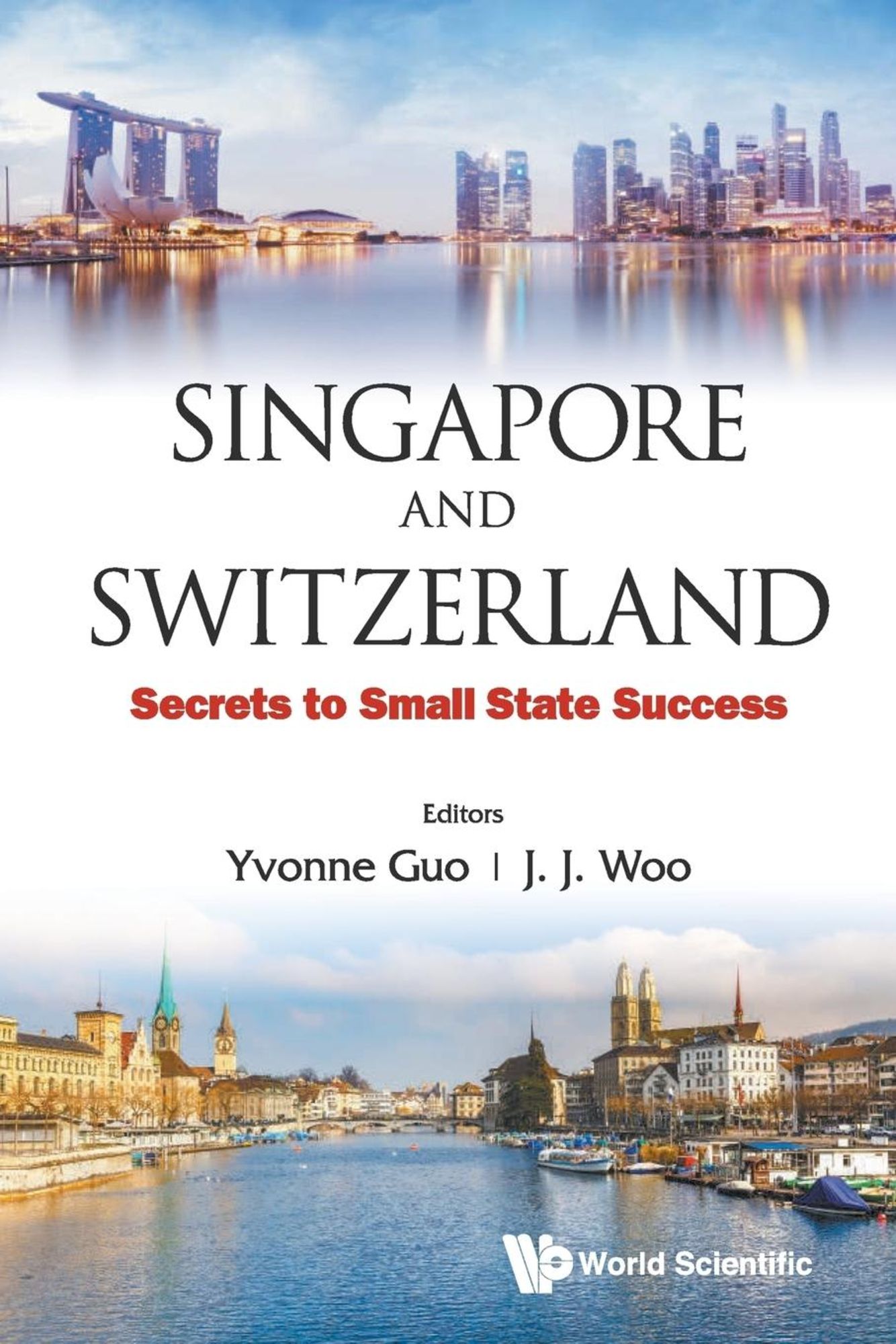
Singapore and Switzerland
The cases of Singapore and Switzerland present a fascinating puzzle: how have two small states achieved similar levels of success through divergent pathways. While Singapore is the archetypal developmental state, whose success can be attributed to strong political leadership and long-term planning, Switzerland’s success is a more organic process, due to the propitious convergence of strong industries and a resilient citizenry. Yet throughout the course of their development, both countries have had to deal with the dual challenges of culturally heterogeneous populations and challenging regional contexts.
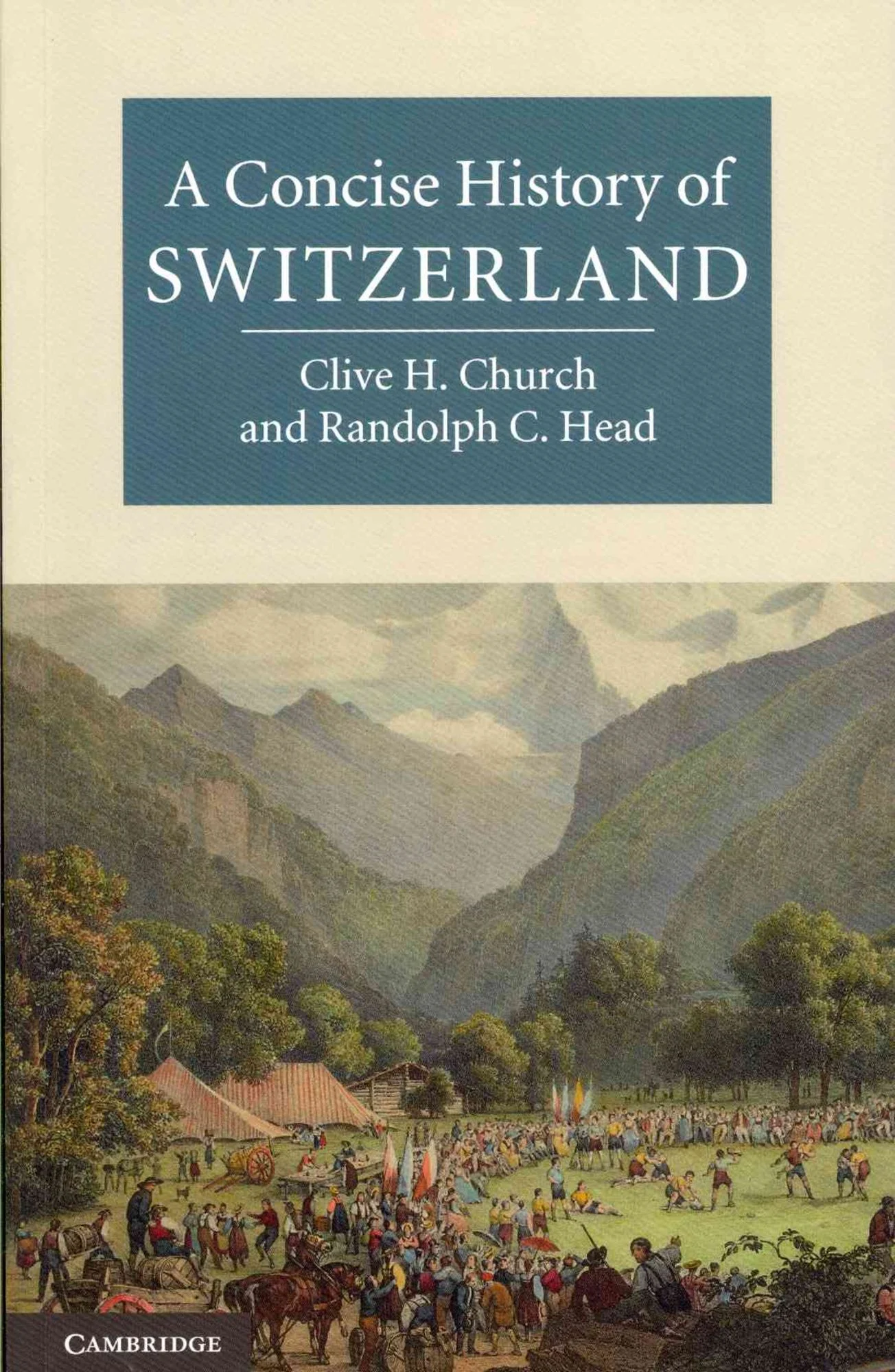
History of Switzerland
This comprehensive and engaging history of Switzerland traces the historical and cultural development of this fascinating European country from the end of the Dark Ages up to the present. The book draws on the latest research to argue that despite some of the country’s specificities and peculiarities, Switzerland has been located, since its early days, at the crossroads of European history, and has absorbed most of the continent’s intellectual, cultural and political drifts and dynamics.

Customs & Culture
Culture Smart! Switzerland reveals the human dimension of this enigmatic country. It provides an historical overview, explores Swiss values and attitudes, and looks at the cultural continuity of festivals and traditions. It will help you navigate your way through various aspects of Swiss life and society. Tips on etiquette and communication will help you navigate unfamiliar situations and avoid faux pas.
